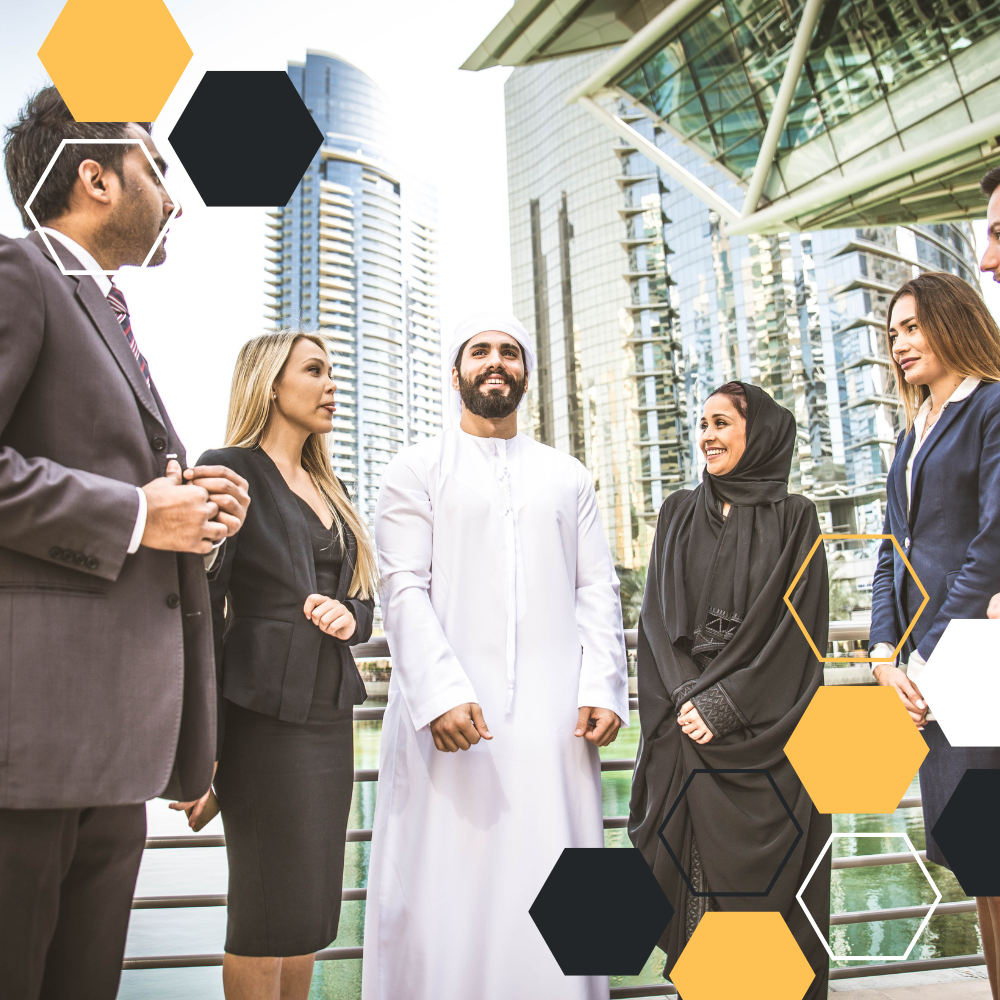How has the working culture changed in Dubai to be more aligned to Global markets?
In May 2021, The Carling Group founders relocated the business, and their family, to the UAE. The allure of an environment more conducive to getting things done won over Graeme and Leanne, and the business has benefitted significantly from the move. Whilst most people will tell you things move faster in the UAE, the speed of change during the pandemic, and in shifting working culture to facilitate a more global environment, has been incredible.
Dubai’s working culture has undergone significant changes in recent years, aligning more closely with Western markets. One significant change is the introduction of a more liberal legal framework to encourage foreign investment and businesses. The government of Dubai has implemented a series of economic policies that have shaped its working culture, including relaxed visa regulations, tax incentives, and attractive investment opportunities.
This business-friendly environment has led to a significant number of foreign companies setting up operations in Dubai, attracted by its strategic location as a gateway between East and West. As a result, Dubai has become a melting pot of cultures, with diverse workforces from different backgrounds contributing to the city’s economy.
Moreover, Dubai’s emphasis on innovation and technology has played a crucial role in shaping its working culture. The city has invested heavily in developing its infrastructure, including transportation and communication networks, to create a modern and efficient working environment. This has led to the rise of various innovative industries, including e-commerce, fintech, and IT, which have attracted highly-skilled professionals from around the world.
Another significant change in Dubai’s working culture is the shift towards a more flexible and open-minded approach to work. The traditional 9-to-5 work culture has given way to a more flexible work routine that includes flexible working hours, remote working, and job sharing. This shift has led to more productivity and employee satisfaction, as well as attracting highly skilled expats. In the past couple of years, the working week has shifted to align more with the West, with weekends now falling on a Saturday and Sunday (previously Friday and Saturday), however in it’s typically progressive outlook, the UAE invoked a 4.5 day week by making Friday’s a half day.
In conclusion, Dubai’s working culture has undergone a significant transformation in recent years, aligning more closely with Western markets. The city’s business-friendly environment, focus on innovation and technology, and openness towards flexibility have made it an attractive destination for foreign investment and highly-skilled professionals. As a result, Dubai is expected to remain one of the most dynamic and successful hubs for business in the coming years.




